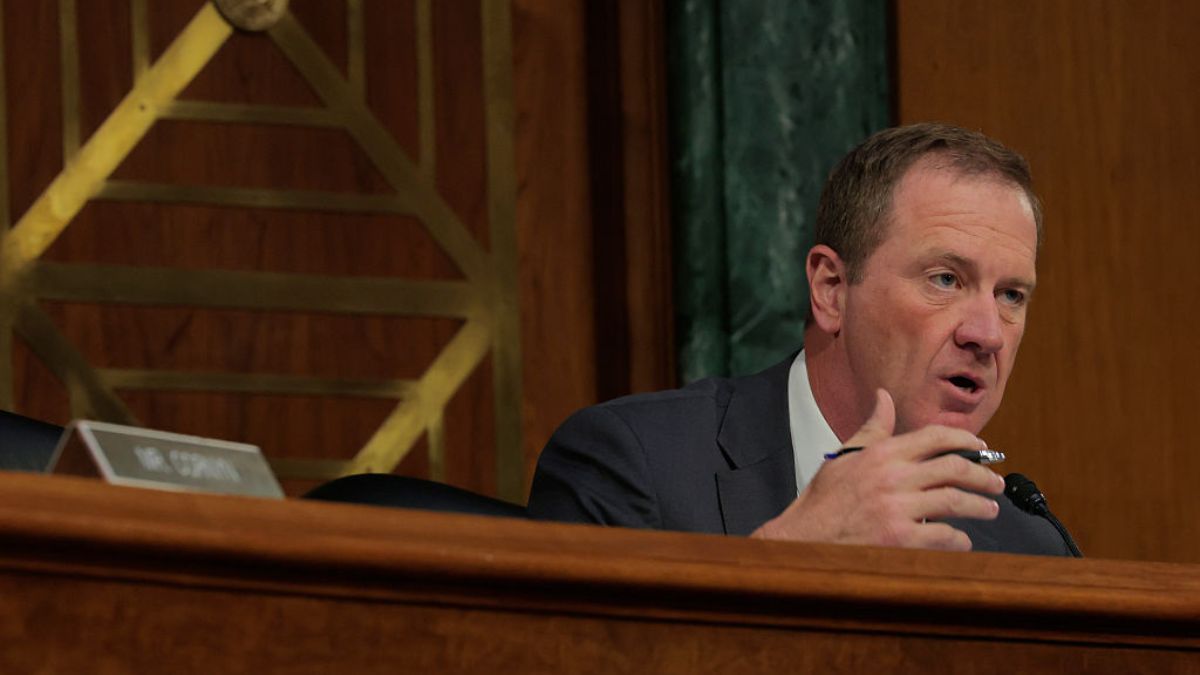
A new Congressional Budget Office (CBO) report shows the Republican border, energy, and tax package would add $2.8 trillion to the national deficit over ten years, contributing to what economists warn could make America responsible for two-thirds of the global deficit problem, but most GOP senators are dismissing these warnings.
While Senate Majority Leader John Thune moves to push the bill through to President Trump’s desk, Republicans are largely ignoring multiple reports warning about the serious impact on the nation’s finances.
According to Politico, Senator Ron Johnson from Wisconsin stands alone in his opposition, despite facing direct pressure from Trump to back down from his fierce megabill criticism, releasing his own report that challenges the bill’s economic benefits. “The whole point of laying out the report was to get everyone to acknowledge and admit reality,” Johnson told reporters. “Nobody’s pushed back on my numbers. Here’s an opportunity to do it. I’ve shown people my work. Who else has shown people work?”
Rising interest rates could add $440 billion to the national debt over the next decade
The CBO report highlights a key problem: while the GOP’s tax cuts might create some economic growth, they won’t boost the economy as much as the 2017 tax cuts did. With federal debt approaching $37 trillion, the cost of paying interest on this debt will be higher than any new revenue from economic growth.
.
— actu ing (@ActuIng2024) June 19, 2025
.https://t.co/oC8pnh2qDR
.
—WSJ: GOP Plans Hikes Deficits, Analysis Says: “Republicans’ tax-and-spending megabill would increase budget deficits by $2.8 trillion through 2034 after factoring in the projected economic growth the bill would xxxxx .”
.
Republican leaders are relying on White House estimates that predict much higher economic growth than other economic models. The White House Council for Economic Advisors claims the bill would lead to long-term GDP growth of up to 3.5 percent, while other estimates are much lower.
Independent analysis shows different numbers. The Tax Foundation predicts 0.8 percent long-term economic growth with a $1.7 trillion deficit increase over ten years. The Penn Wharton Budget Model estimates 0.4 percent growth over ten years with a $3.2 trillion deficit increase.
Democrats argue that voters will notice if the package hurts rather than helps the economy. Senator Chris Murphy, a Democrat from Connecticut, points to the 2017 tax bill, saying it became a burden that contributed to Republican losses in the 2018 midterm elections. He suggests Republicans should reconsider their approach, warning that the current plan could harm many people and won’t help the economy.







